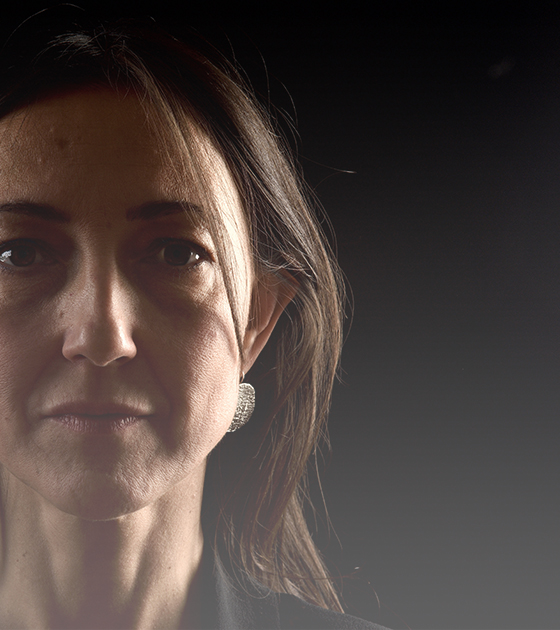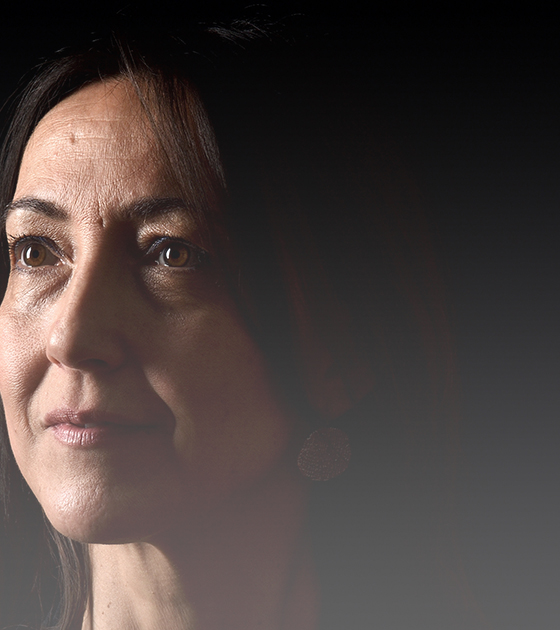

Insights
Applying specialized expertise and deep knowledge of lysosomal biology in neurodegeneration
A New and Evolving Understanding

Impact
Bringing new treatment options to those affected by neurodegenerative diseases such as Alzheimer’s Disease, Parkinson’s Disease, and frontotemperal dementia (FTD).
The Potential to Improve Lives